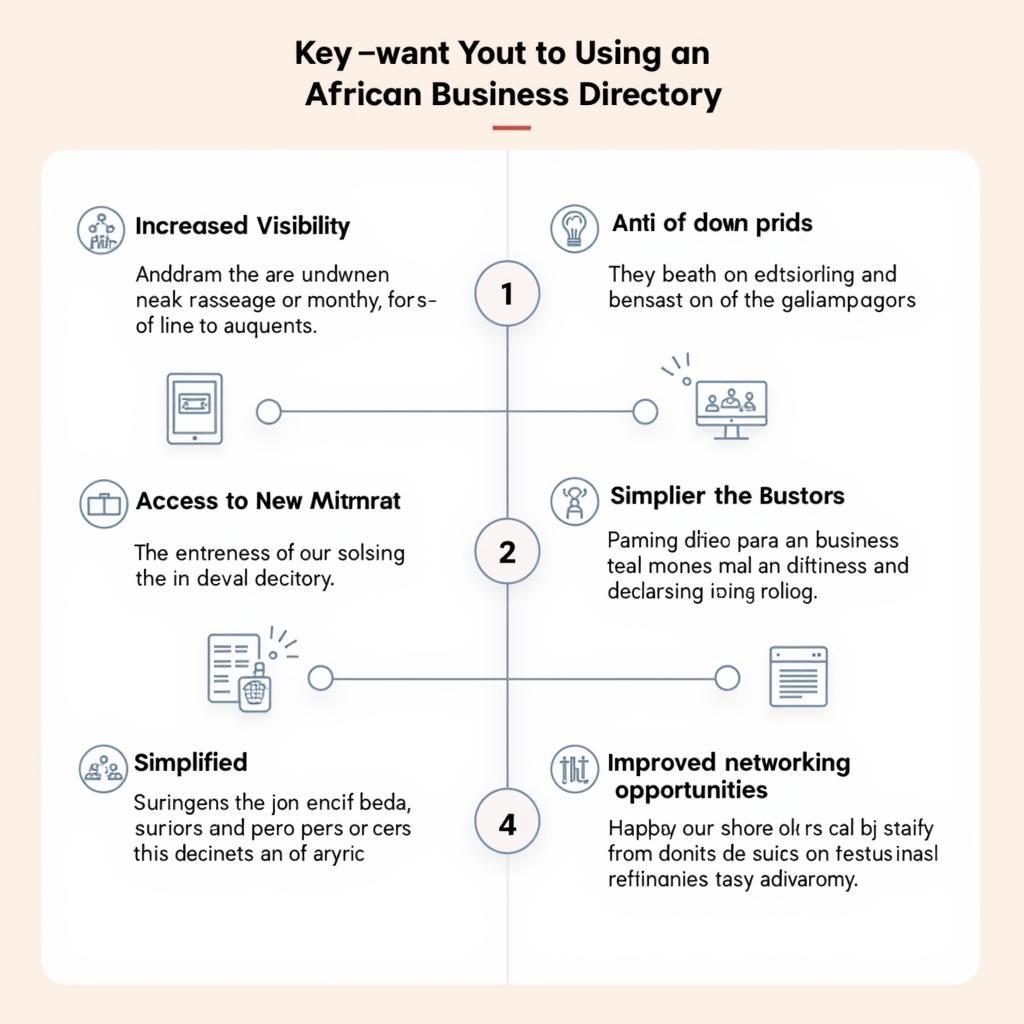Understanding African Horse Sickness: An In-Depth Guide from WikiVet and Beyond
African horse sickness (AHS) is a devastating viral disease that affects horses, donkeys, and mules. This article delves into the intricacies of AHS, drawing on information from WikiVet and other reputable sources, to provide a comprehensive understanding of this significant equine health concern. We’ll explore the causes, symptoms, diagnosis, treatment, and prevention of AHS, equipping you with the knowledge to protect these valuable animals.
What is African Horse Sickness (AHS)?
African horse sickness is a highly contagious and often fatal disease transmitted by biting midges (Culicoides spp.). While primarily affecting equids, it can also occasionally infect zebras, which often serve as asymptomatic carriers. The severity of the disease varies depending on the viral strain, ranging from mild fever to acute respiratory and cardiac forms. Understanding the different forms of AHS is crucial for effective management.
The Different Forms of African Horse Sickness
AHS manifests in several forms, each presenting unique clinical signs:
- Pulmonary form (Dunkop): Characterized by severe respiratory distress, including coughing, frothy nasal discharge, and difficulty breathing. This form has a high mortality rate.
- Cardiac form (Dikkop): Marked by swelling around the head and neck, especially above the eyes, giving the horse a characteristic “thick head” appearance. This form also has a high mortality rate.
- Mixed form: Exhibits symptoms of both pulmonary and cardiac forms.
- Horse sickness fever: A milder form with fever, lethargy, and sometimes mild swelling around the eyes and lips.
Understanding these variations is essential for accurate diagnosis and appropriate treatment strategies.
After completing a thorough examination and reviewing the horse’s history, a veterinarian can confirm the presence of AHS through laboratory testing. These tests typically involve detecting viral antigens or antibodies in blood samples.
Diagnosing and Treating African Horse Sickness
Diagnosing AHS involves a combination of clinical observation and laboratory testing. Vets look for characteristic symptoms and conduct blood tests to confirm the presence of the virus. Unfortunately, there is no specific antiviral treatment for AHS. Supportive care is crucial, including rest, fluid therapy, and managing secondary infections. Early detection and prompt veterinary attention are essential for improving the chances of survival.
Management and Prevention of AHS
Preventing AHS is paramount. Vaccination is a cornerstone of AHS control, offering protection against the various viral strains. Vector control measures, such as stabling horses during peak midge activity and using insecticides, are also crucial. Quarantine restrictions play a vital role in containing outbreaks and preventing the spread of the disease across borders.
The Impact of African Horse Sickness on Africa
AHS has significant economic and social repercussions, particularly in endemic regions of Africa. Outbreaks can decimate equine populations, disrupting agricultural activities, transportation, and recreational pursuits that rely on these animals. The disease also imposes trade restrictions, limiting the movement of horses across international borders.
Dr. Khadija Mwangi, a leading veterinary epidemiologist in Kenya, states, “AHS poses a constant threat to the livelihoods of many African communities. Effective control requires a multi-pronged approach involving vaccination, vector control, and public awareness.”
The Role of WikiVet and Other Resources in AHS Awareness
WikiVet serves as a valuable resource for information on AHS, providing access to up-to-date knowledge for veterinarians, animal health professionals, and the public. Other organizations, such as the World Organisation for Animal Health (OIE), also play a crucial role in disseminating information, coordinating control efforts, and promoting research on AHS.
Dr. Winston Zuma, a South African veterinarian specializing in equine diseases, adds, “WikiVet and similar platforms are invaluable tools for sharing knowledge and best practices in AHS management. Continued research and collaboration are essential to combat this devastating disease.”
Conclusion: Working Towards a Future Free from African Horse Sickness
African horse sickness remains a significant challenge, but through continued research, effective vaccination strategies, and diligent vector control, we can strive to mitigate its impact and protect vulnerable equine populations. Understanding the information provided by WikiVet and other reputable sources is vital for informed decision-making and collaborative efforts to combat this devastating disease. By working together, we can move towards a future where AHS no longer poses a threat to the health and well-being of horses, donkeys, and mules.
FAQ:
- What is the mortality rate of African Horse Sickness? The mortality rate varies depending on the form of AHS, but it can be as high as 95% in the most severe cases.
- Is there a cure for African Horse Sickness? No, there is no specific cure. Treatment focuses on supportive care and managing secondary infections.
- How is African Horse Sickness transmitted? AHS is transmitted primarily through the bites of infected midges (Culicoides spp.).
- Can humans get African Horse Sickness? No, AHS is not transmissible to humans.
- How can I protect my horses from African Horse Sickness? Vaccination, vector control, and quarantine measures are essential for preventing AHS.
- Where is African Horse Sickness most prevalent? AHS is most prevalent in sub-Saharan Africa.
- What are the long-term effects of African Horse Sickness in surviving animals? Some surviving animals may experience long-term complications such as chronic respiratory problems or reduced performance.
More Questions?
Explore more related articles on our website about equine health and diseases. Learn more about vector-borne diseases and other important health concerns affecting horses, donkeys, and mules.
Need further assistance? Contact us: Phone: +255768904061, Email: kaka.mag@gmail.com or visit us at Mbarali DC Mawindi, Kangaga, Tanzania. Our customer service team is available 24/7.


